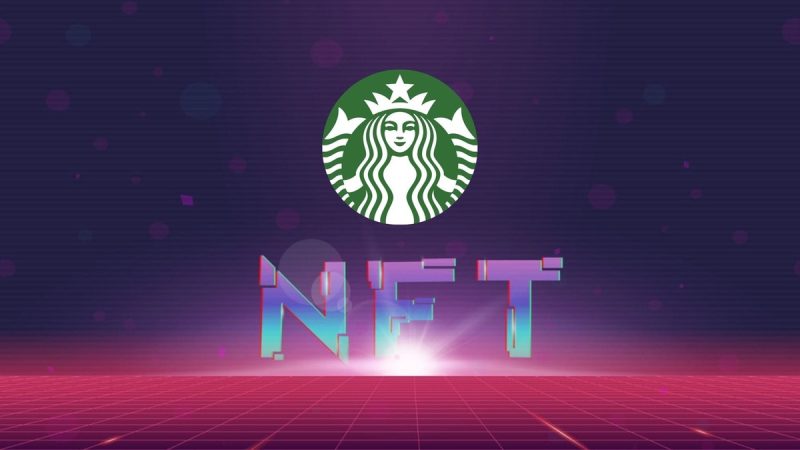Starbucks recently announced the conclusion of its innovative NFT rewards program, signaling a shift in the company’s approach towards customer engagement and digital initiatives. This move aligns with actions taken by other leading corporations over the past year, indicating a broader trend of reevaluation regarding the integration of Web3 technologies in consumer markets.
The Odyssey Beta Program: A Brief Overview
Launched amidst the tumultuous climate of the crypto industry in September 2022, Starbucks’ Odyssey Beta program offered a unique blend of digital and real-world rewards. Participants could earn digital stamps, essentially NFTs, by completing various coffee-themed games and challenges. These stamps were not only collectible items but also keys to unlocking exclusive experiences and benefits. Despite its innovative approach, the program is set to end on March 31, alongside the closure of its marketplace and community discord server. The Odyssey marketplace will transition to the Nifty marketplace, ensuring users can still engage with Odyssey stamps.
Behind the Decision to End the Program
While Starbucks has not explicitly stated the reasons for discontinuing the program, it emphasizes preparing for future developments and evolving the program to fit emerging trends and customer needs. This closure comes at a time when the tech and gaming sectors are witnessing similar pullbacks from NFT and crypto-related endeavors. For instance, GameStop recently announced the shutdown of its NFT marketplace following cutbacks in crypto services, and Meta discontinued NFT features on Facebook and Instagram after a short-lived integration.
The Crypto Context and Environmental Concerns
Starbucks’ decision to employ Polygon’s blockchain technology for the Odyssey program was notable for its emphasis on energy efficiency. In contrast to the more energy-intensive “proof-of-work” blockchains, Polygon’s “proof-of-stake” approach highlighted Starbucks’ commitment to sustainability within the burgeoning field of digital collectibles.
The Future of NFTs and Digital Collectibles
Despite these shifts, experts within the Web3 and luxury brand sectors remain optimistic about the potential of NFTs to transcend their initial hype as mere digital collectibles. Predictions for 2024 suggest a maturation of NFTs into tools with significant real-world applications, moving beyond simple profile pictures to become integral components of industries like luxury fashion and more. This transition points towards a future where NFTs offer utility and value that extend far beyond their current perception, signaling an evolving landscape for digital assets.
Starbucks’ strategic pivot away from its NFT rewards program may reflect a broader industry trend towards more sustainable and practical applications of blockchain technology. As companies continue to explore the potential of these digital tools, the focus is likely to shift towards creating more meaningful and environmentally friendly uses for NFTs and related technologies.
